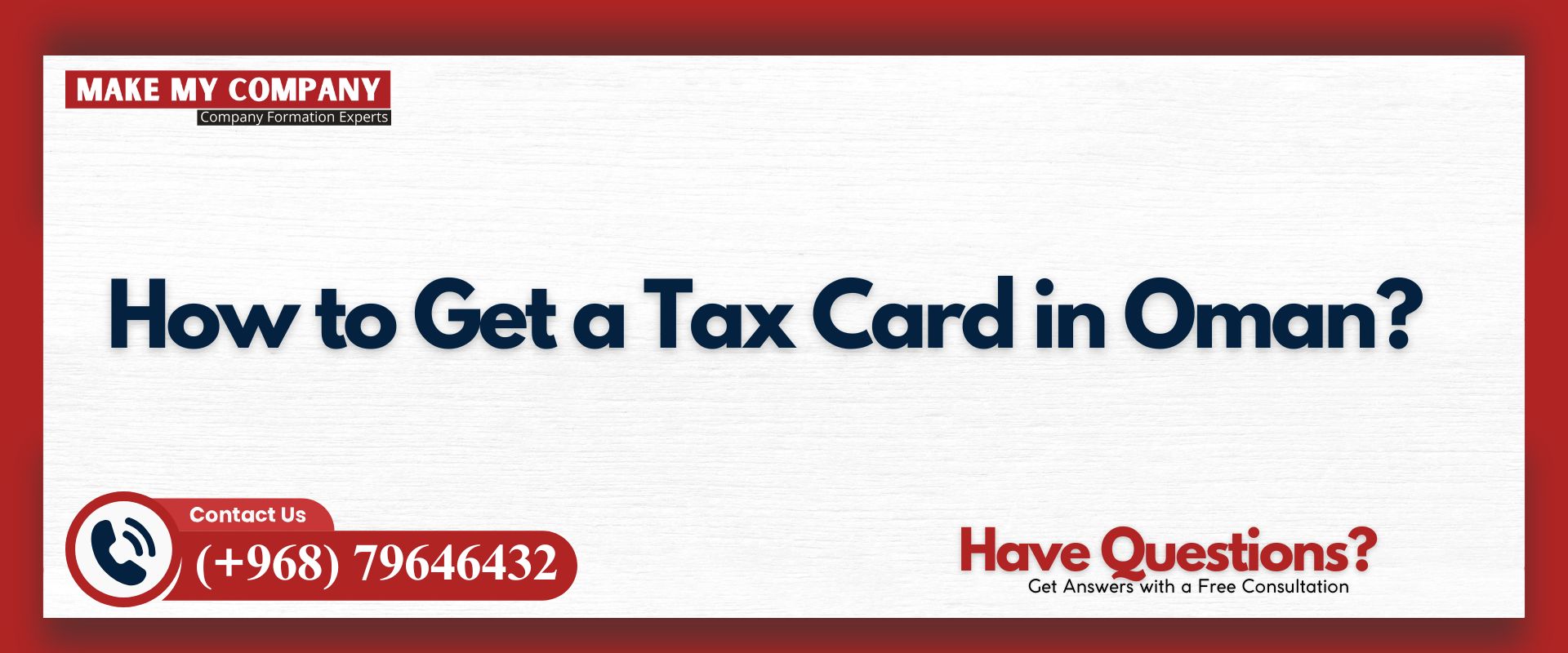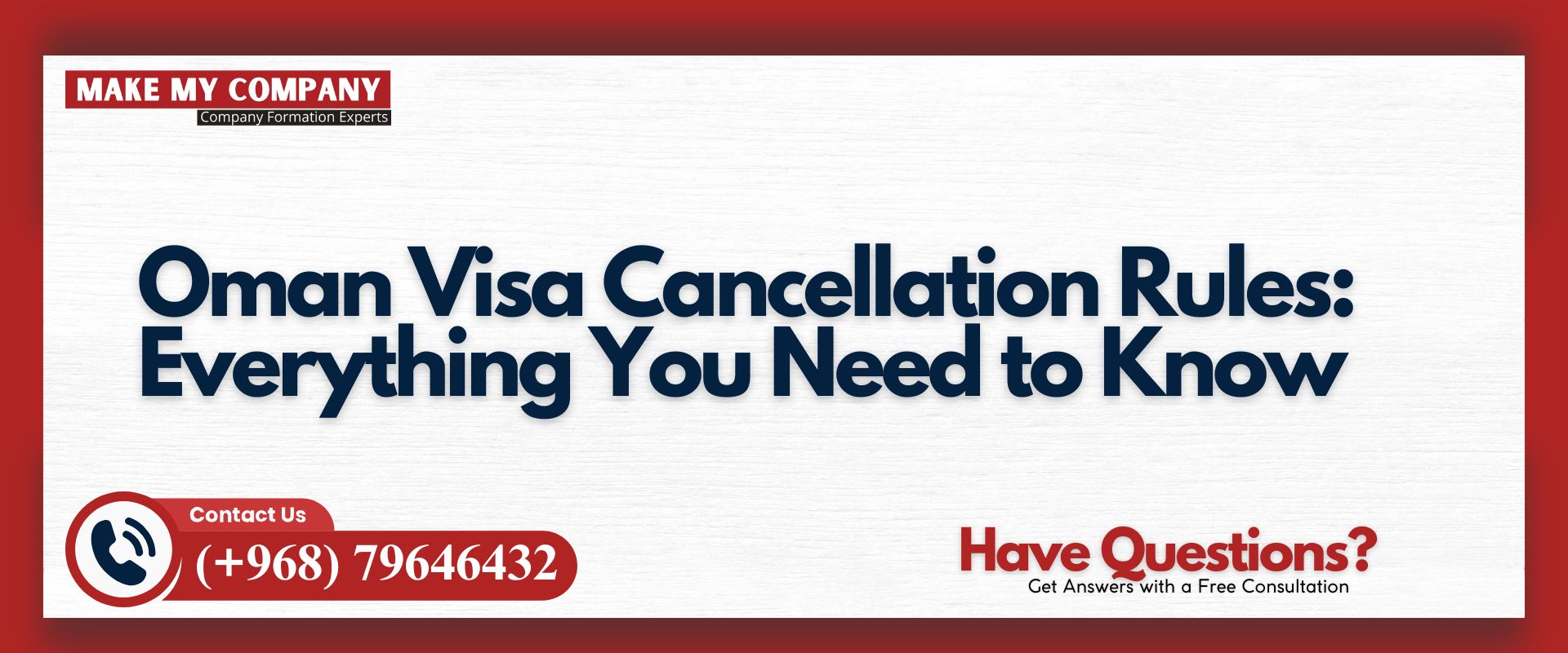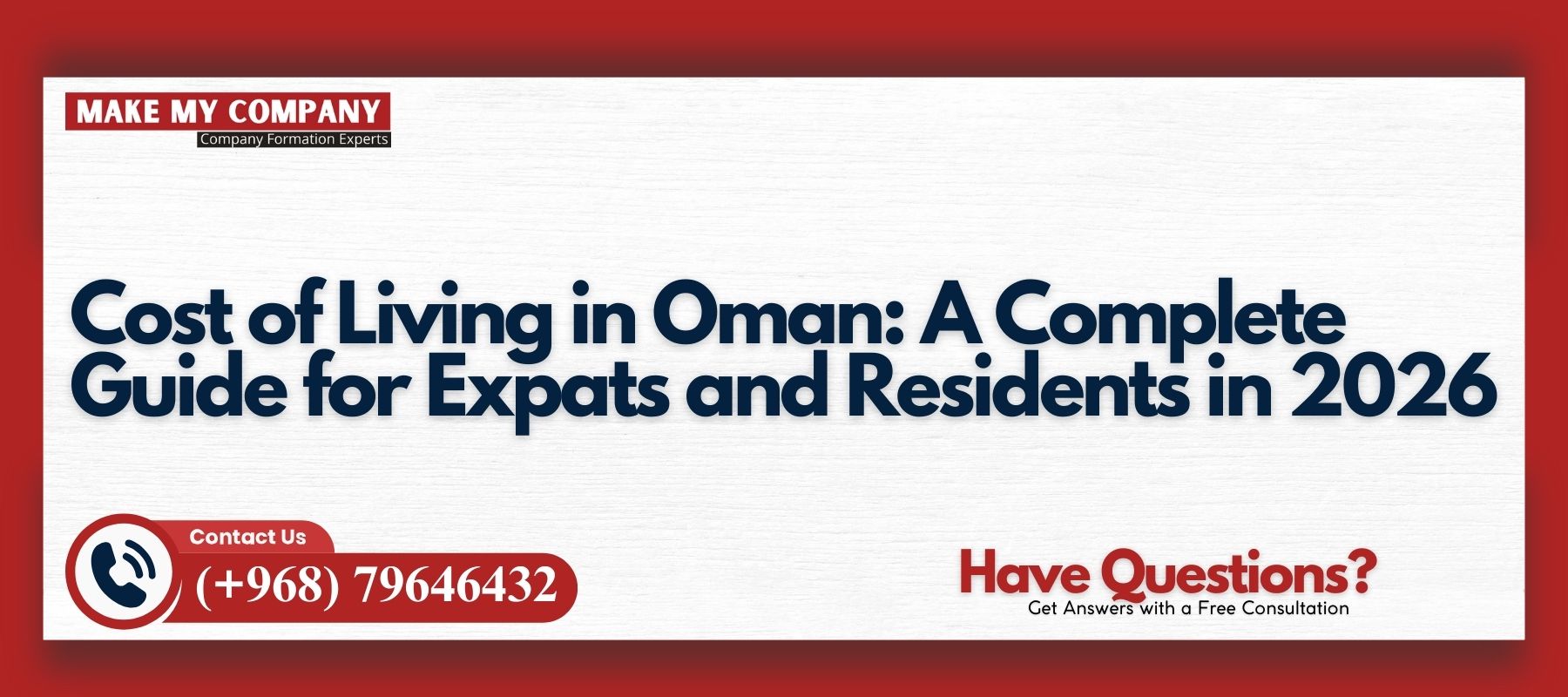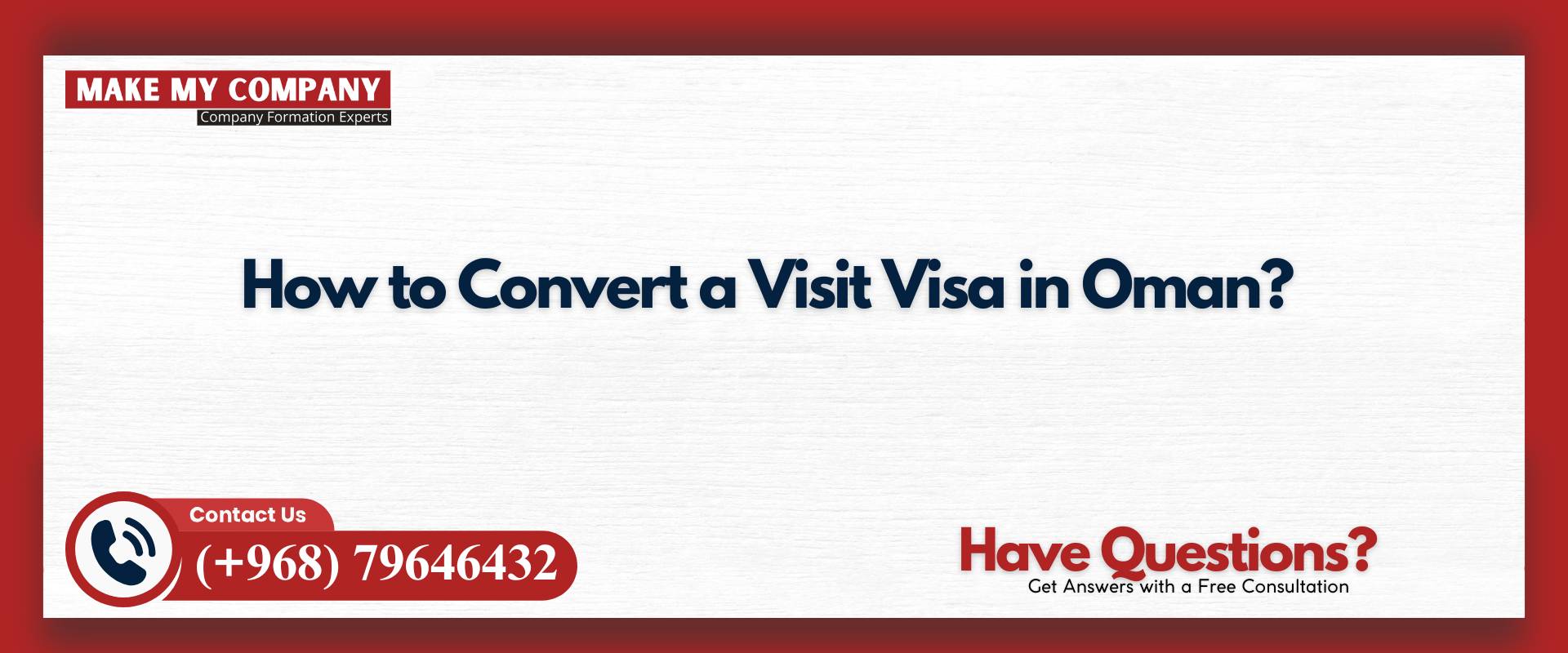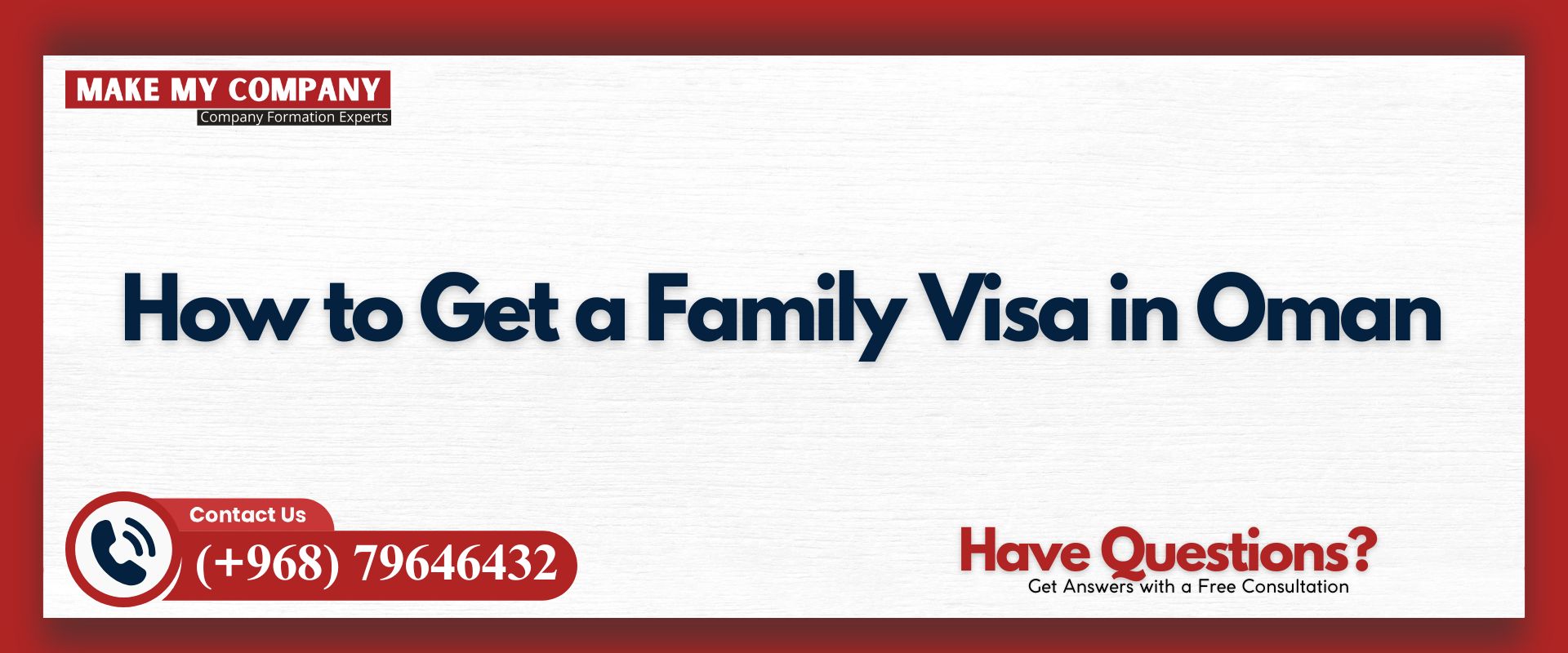Expanding your business to Oman? Starting a company there?
One of the first things you’ll need is a tax card in Oman.
It’s not just a piece of paper — it’s a legal must-have to operate your business properly and stay compliant with Omani tax laws.
In this detailed guide, we’ll walk you through everything you need to know about getting your tax card, step-by-step.
What is a Tax Card in Oman?
A tax card in Oman is an official document issued by the Oman Tax Authority.
It proves that your business is registered for tax purposes and has fulfilled its legal obligations under Omani law.
Think of it as your business’s tax identity—it’s required for issuing invoices, signing contracts, renewing licenses, and dealing with government entities.
Whether you’re a startup, a branch office, or a multinational expanding into Oman, the tax card is absolutely essential.
Why is a Tax Card Important in Oman?
A tax card in Oman is essential because it legally registers your business with the tax authorities. Without it, you cannot renew licenses, sign official contracts, or open corporate bank accounts. It also protects you from fines and ensures you meet Oman’s tax laws for smooth and secure business operations.
Legal Requirement
Since July 2020, it’s mandatory for all businesses operating in Oman to obtain a tax card according to Royal Decree No. 9/2017.
Smooth Business Operations
You need a tax card for:
- Opening a corporate bank account
- Signing government or private contracts
- License renewal
- Immigration procedures for employees
Building Credibility
Holding a tax card shows clients and partners that your business is legally recognized and trustworthy within Oman’s economy.
Avoiding Penalties
Operating without a tax card can result in fines, business restrictions, and other legal complications.
Who Needs a Tax Card in Oman?
You must apply for a tax card if you are:
- A Limited Liability Company (LLC)
- A branch of a foreign company
- A professional firm (law firm, consulting agency)
- An individual establishment (sole proprietorship)
- A non-resident company generating income in Oman
Basically, any entity earning taxable income inside Oman needs to register.
Step-by-Step Guide to Obtain a Tax Card in Oman
Here’s the process broken down into simple steps:
Step 1 – Complete Commercial Registration (CR)
Before you can apply for a tax card, your business must be registered with Oman’s Ministry of Commerce, Industry, and Investment Promotion (MOCIIP).
You’ll receive a Commercial Registration (CR) certificate, which is the foundation of your tax file.
Step 2 – Apply for the Tax Card via the Tax Authority Portal
After obtaining the CR:
- Access the Oman Tax Authority’s electronic services platform
- Log in using your business credentials
- Fill out the tax card application form
Details you’ll need include:
- Commercial Registration Number (CRN)
- Company address and contact details
- Shareholder information
- Activity classification based on Oman’s tax code
Step 3 – Upload Required Documents
You may be asked to upload:
- A copy of your CR
- Passport copies of shareholders and authorized signatories
- Company Memorandum of Association
- Lease agreement for your business location
- Trade license (if applicable)
All documents should be translated into Arabic and notarized if required.
Step 4 – Pay the Tax Card Issuance Fee
The standard tax card issuance fee is OMR 10 (subject to updates based on tax reforms).
Payment is done online via the Tax Authority portal.
Step 5 – Receive Your Tax Card
After approval and payment, your tax card is generated digitally.
You can download, print, and keep it for your business records.
Congratulations—you are now officially tax registered!
Documents Required for Tax Card Application
A checklist for your quick reference:
- Copy of Commercial Registration Certificate
- Copy of authorized signatory’s ID or passport
- Lease agreement copy
- Trade license copy (if needed)
- Power of Attorney (for legal representatives)
Incomplete documents may delay your tax card approval, so it’s best to prepare everything upfront.
Key Things to Know About Corporate Tax in Oman
Understanding the Oman tax system is crucial after getting your tax card:
- Corporate Income Tax Rate: 15% for most companies
- Small Business Relief: Reduced tax rates for eligible small enterprises
- Tax Filing: Mandatory annual returns
- Tax Year: Typically January to December, unless otherwise approved
Tax registration isn’t just a one-time job. Ongoing compliance is important.
Common Mistakes to Avoid When Applying for a Tax Card
When applying for a tax card in Oman, many businesses delay the process, submit incomplete documents, or enter wrong company details. Missing the payment or ignoring small errors can cause long delays or rejections. Staying organized, double-checking forms, and acting quickly will help you avoid unnecessary mistakes and penalties.
Delaying Your Application
You must apply for a tax card within 30 days of obtaining Commercial Registration—or risk penalties.
Incorrect Company Details
Mismatch between your CR information and tax application details can cause rejections.
Missing Fee Payment
Applications are not processed without payment confirmation—even if your forms are perfect.
Ignoring Renewal Obligations
You must renew your tax card whenever you update your company details, like changes in shareholding, address, or activity.
Benefits of Having a Tax Card in Oman
Having a tax card in Oman proves your business is officially registered and legally compliant. It helps you open bank accounts, secure contracts, apply for government tenders, and build trust with clients. A tax card also protects you from penalties and ensures smooth financial and operational activities in Oman.
Legal Protection
You operate legally and avoid penalties under Oman’s business and tax laws.
Easier Banking and Finance
Banks often require a tax card to open corporate accounts or approve loans.
Contract Bidding Advantage
A tax card is a basic requirement for participating in government and private sector tenders.
Simplified Immigration Processes
If you’re sponsoring employees, a valid tax card smooths visa applications and renewals.
Costs Involved in Tax Registration and Tax Card Issuance
| Item | Estimated Cost (OMR) |
| Commercial Registration | 20 – 50 |
| Tax Card Issuance Fee | 10 |
| Legal Translation (if needed) | 20 – 50 |
| Consultant Fees (optional) | 100 – 300 |
These are basic figures and may vary based on business size and sector.
How Long Does it Take to Get a Tax Card in Oman?
The whole process typically takes 5 to 10 business days if your documents are complete and accurate.
However, delays may occur during high-volume periods or if your documents require additional verification.
Conclusion
Securing a tax card in Oman is not just a compliance requirement—it’s a business foundation. It ensures that you can operate legally, access banking services, participate in tenders, and build credibility within Oman’s growing economy.
Starting early with the right documents, understanding the Oman tax system, and staying compliant gives your business a strong and smooth beginning.
For hassle-free tax registration, professional support, and end-to-end compliance, it’s always smart to partner with experts who know the ins and outs of tax registration in Oman.
FAQs
Is it mandatory to have a tax card for small businesses in Oman?
Yes, even small businesses and startups must obtain a tax card to operate legally.
Can a foreign company apply for a tax card in Oman?
Yes. Foreign companies operating through a branch office or permanent establishment in Oman must register for tax and obtain a tax card.
Is VAT registration separate from the tax card?
Yes. VAT registration is a separate process handled through the Oman Tax Authority portal if your turnover crosses the mandatory threshold.
What happens if I don’t get a tax card?
Operating without a tax card can lead to penalties, restrictions on government contracts, and problems with bank accounts and licensing authorities.
Do freelancers need a tax card in Oman?
Yes, if a freelancer is officially registered as a sole establishment or business entity, they need a tax card.



